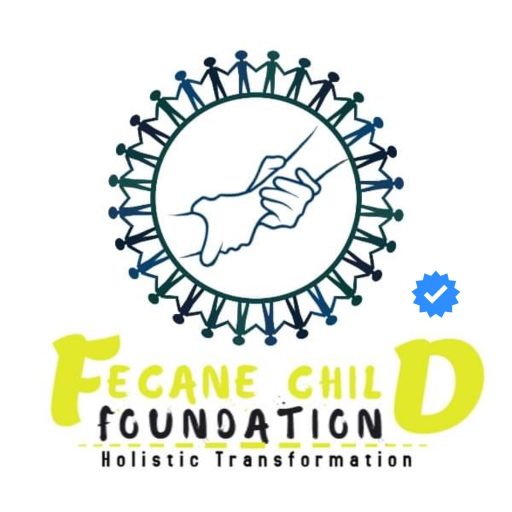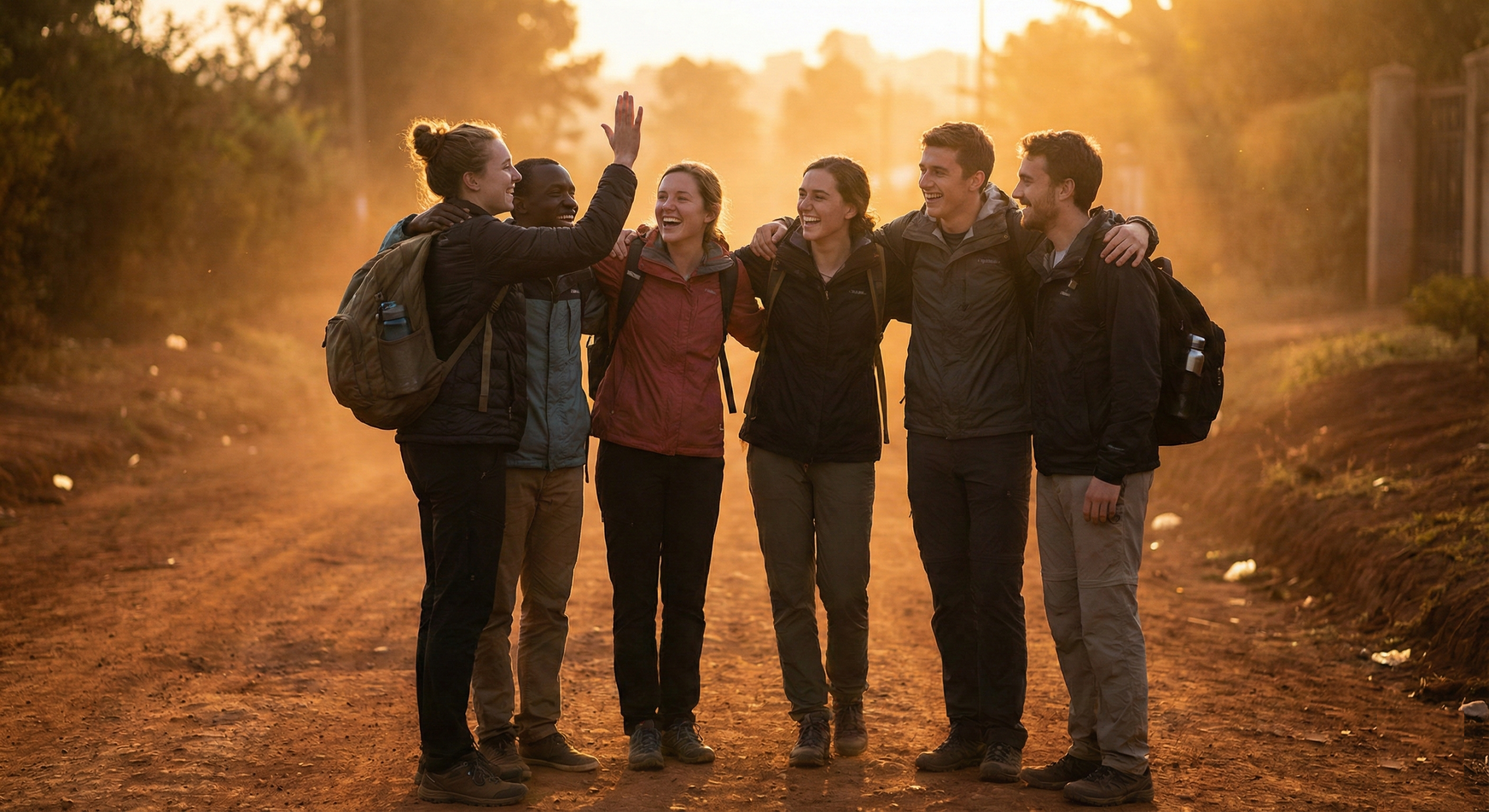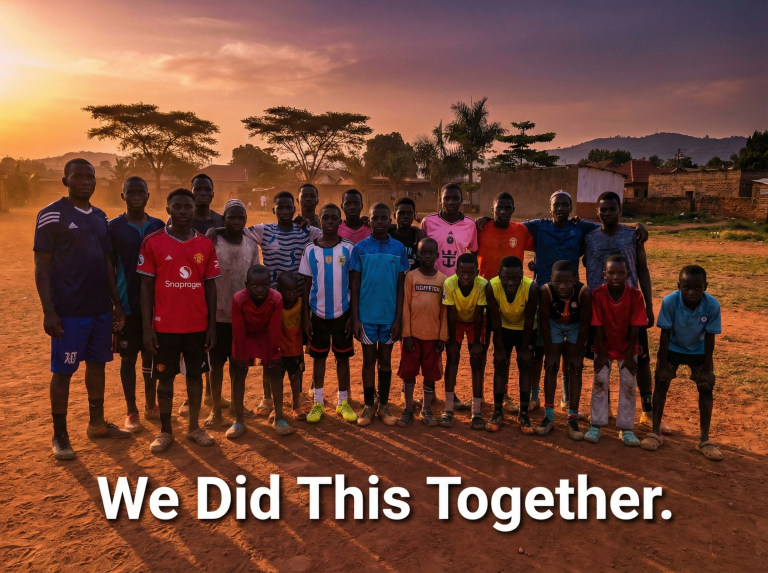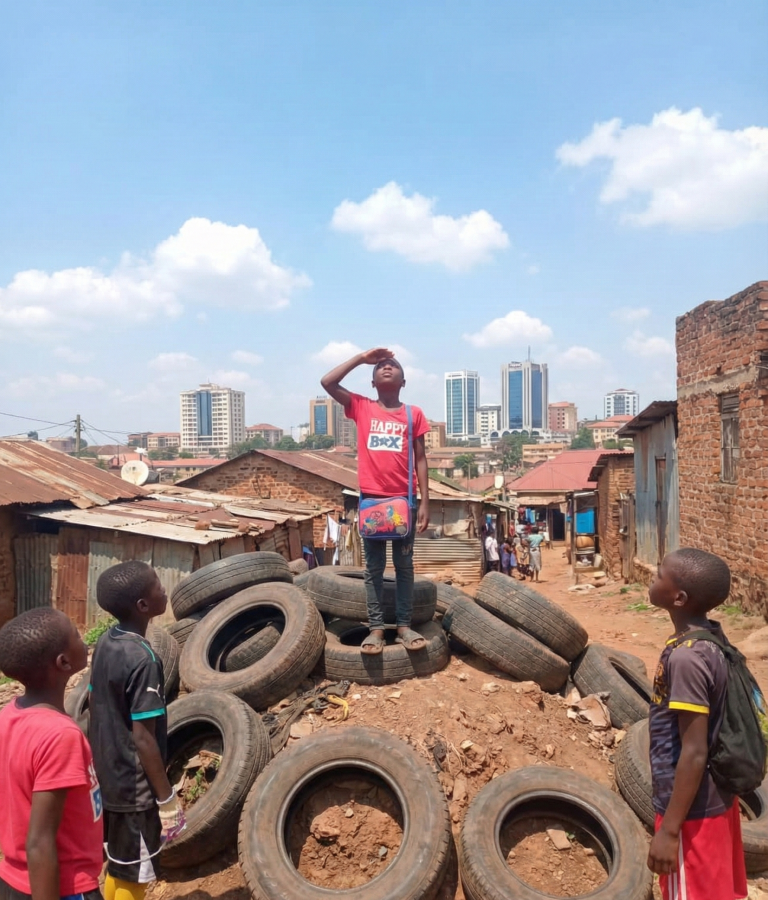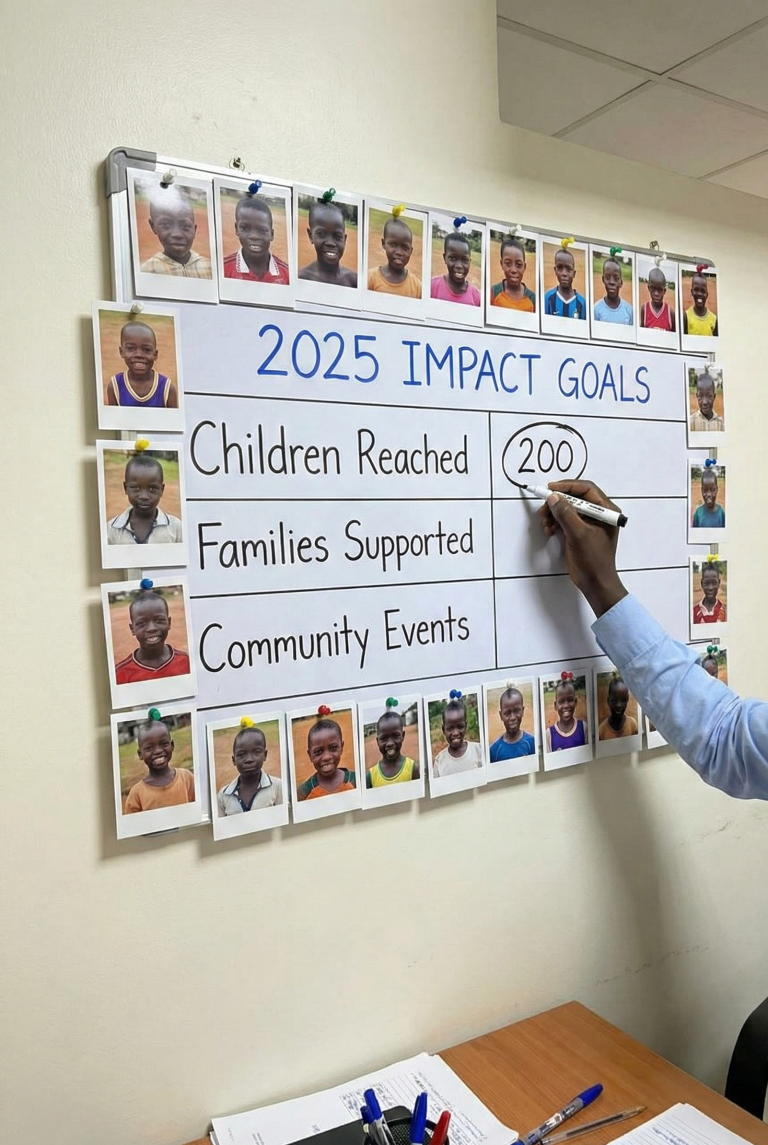September 5, 2020
We have spent the last few months establishing Fecane Child Foundation—getting registered, talking to elders, and delivering emergency aid. We have laid the first bricks.
But a foundation is useless if you don’t build a house upon it. And we cannot build that house alone.
Today, we are issuing a challenge to the young people of Wakiso. To the university students sitting idle because campuses are closed. To the hustlers looking for a purpose bigger than the daily grind. To everyone who complains about the state of our community but hasn’t yet lifted a finger to change it.
We need you.
The Power of Local Hands
For too long, the story of development in Africa has been about outsiders coming in to “save” us. They bring resources, they do good work, and then they leave.
Fecane is different. We were born here. We are staying here. And we believe that the only sustainable change is the change we create for ourselves.
If we want the children younger than us—like ten-year-old Musa, who is still waiting for school to reopen—to have a better future, we have to be the ones to build it for them. We cannot wait for the government. We cannot wait for international donors. We must be the engine.
“The most powerful hands to lift up Wakiso are the hands that grew up playing in its dirt. We don’t need saviors from far away; we need laborers from right next door.”
Who Are We Looking For?
We are not looking for people with fancy CVs or years of experience. We are looking for fire.
- We need organizational wizards who can help manage our upcoming football academy.
- We need energetic mentors who can sit with a child and help them read a book.
- We need strong backs to help us distribute supplies.
- We need loud voices to advocate for hygiene and health in the deepest parts of the slums.
If you have energy, integrity, and a refusal to accept the status quo, you have a place at Fecane.
More Than Just Volunteering
Joining us isn’t just about giving your time away. It’s an investment in yourself.
You will learn project management. You will learn how to lead a team. You will gain references for future employment. You will become part of a family that is actively writing the next chapter of our community’s history.
The lockdown has paused many things, but it cannot pause our ambition. Let’s get to work.
Stop watching history happen on your phone screen. Step outside and help us write it.
Do you have the energy and the heart to serve your community? Click below to fill out our simple volunteer application form and join the Fecane movement. Apply to Become a Volunteer Now
